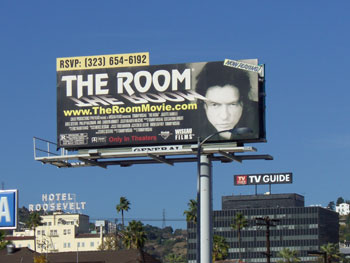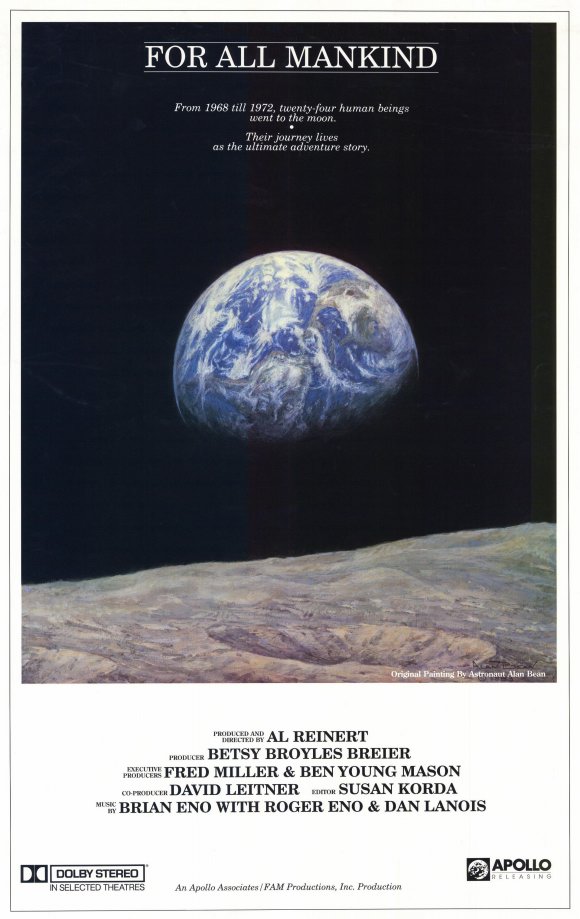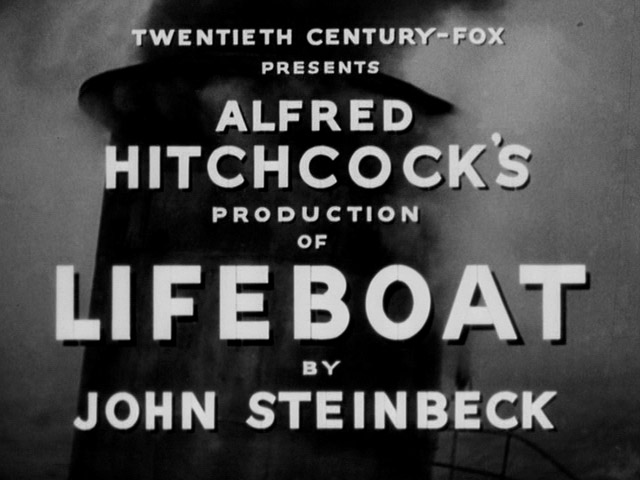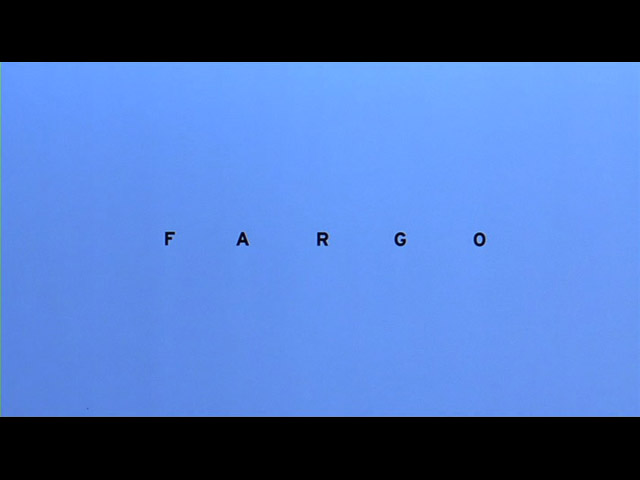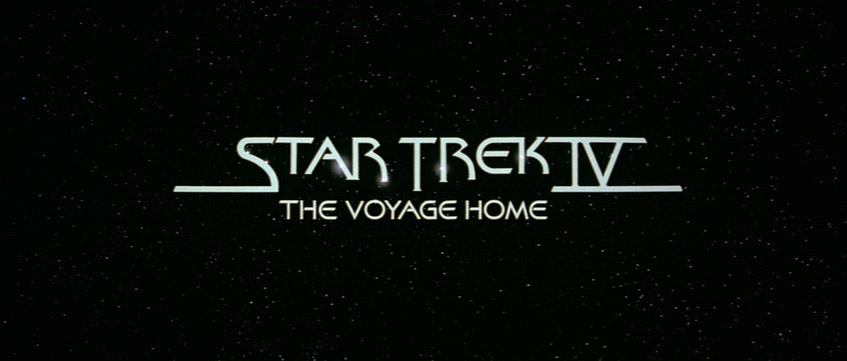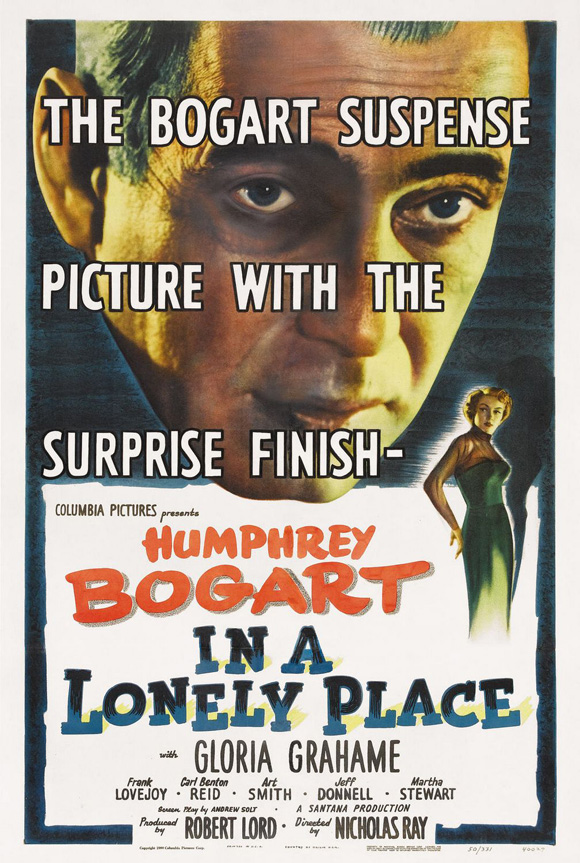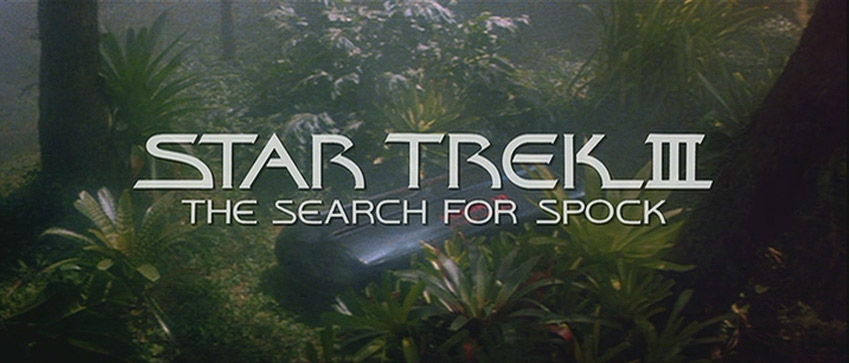
When a movie is very good, it's (relatively) easy to take off the critic hat and just enjoy the movie. For me, however, it's not as easy to take off the writer hat. That's not always a bad thing; it is what it is. I just mention it because I'm returning to/beginning anew an absurdist black comedy with some fairly unlikeable main characters, and watching Greenberg inevitably felt a tiny bit like research.
Noah Baumbach excels at sympathizing with the borderline loathsome, which no doubt makes him an acquired taste and not for everybody. Roger Greenberg is an asshole. In fact, he's possibly psychotic. But I like him, because we are inside the character with him, and because I can see myself in the things he does. To say the least, I'm less of an asshole and a lot less sociopathic/manic, but his laid-bare exposed-nerve priggishness is easier to empathize with than I'd usually comfortably admit.
It feels to me like the film works only because of this. Because we laugh and feel sad or frustrated all at once, but we also go "Oh god, that's me," or "Oh man, I've had a girlfriend do just that," or at least, "He is totally acting out impulses I know well enough to suppress." As a character-driven narrative, it's pretty great, but the plot's a little thin at the end. That's okay, because it's got a slightly sweet, convenient-and-easy-but-earned ending. Ben Stiller is always best -- comedy or drama -- when he's the straightman, but I'm reminded he's also a pretty solid portrayer of assholes as well. (No judgment on the man! How would I know?) Rhys Ifans, always amazing. Greta Gerwig, a mumblecore actress I don't know, also pretty amazing. I liked her a lot. I wanted them to get together and I accepted her interest in him even though, rationally speaking, there is nothing about Roger Greenberg that a healthy human being would find appealing. But, again, her character was complex and I felt like I was inside her as well, and I guess that made it easier to accept contradictory or irrational behavior.
So, good casting, good characters, light but not unsatisfying plot. Oh, and gorgeous cinematography. Don't get me wrong. It's not the greatest film ever or anything, but I like it because there's a lot to like.
If you're the type who doesn't mind sympathizing with borderline loathsome assholes.
Seen at the Fox Tower.

